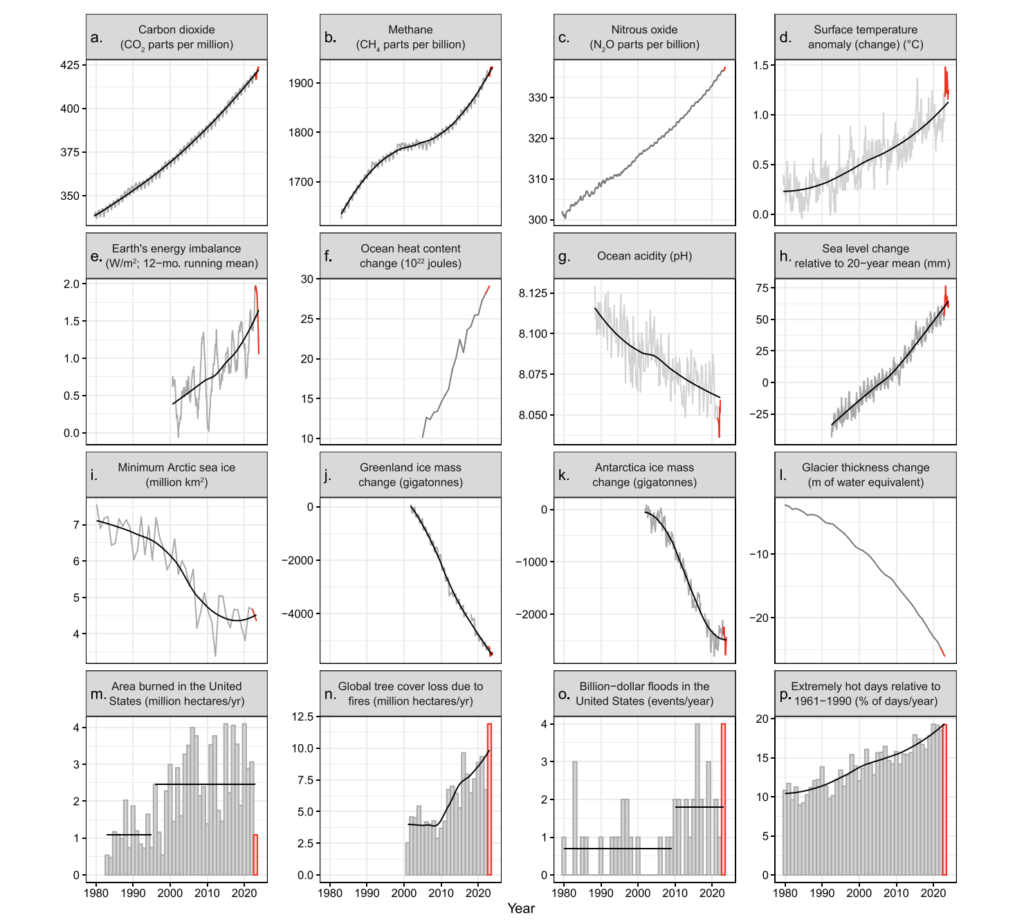Science
The Science Behind Bionua
All pictures featured are sourced from our sites.
Sustainability Through Science
At Bionua, our dedication to environmental sustainability is firmly based on scientific evidence. We follow the methodologies established by Crowther Labs and engage with the Restor platform, guaranteeing that our strategies are shaped by cutting-edge scientific insights. Our practices adhere to the Oxford principles, offering a solid framework for sustainable and ethical approaches to environmental challenges.
Monitoring Earth's Ecosystems from Above

We utilize advanced multispectral satellite imagery to monitor and verify the impact of our projects. This technology enables us to accurately assess changes in land use, forest cover, and biodiversity, ensuring that our Nature Capital Credits reflect real, measurable environmental benefits.
Planet in Crisis – Insights from the 2024 Climate Report
A Wake-Up Call for Humanity
This report delves into the current state of the planet, highlighting the alarming rise in global temperatures, record-breaking climate extremes, and the accelerating impacts of climate change. Despite decades of scientific warnings, humanity is now facing an unprecedented climate crisis, with irreversible damage looming if immediate action is not taken. The report underscores the urgency of reducing greenhouse gas emissions and addressing the cascading effects of a warming world on ecosystems, weather patterns, and human livelihoods.
At Bionua, we align our environmental initiatives with the research methodologies of Crowther Labs at ETH Zurich, a leading institution in environmental science and ecosystem restoration, utilizing their Restor platform to integrate global restoration insights into our work. This approach, combined with our commitment to the Oxford principles, ensures our projects are both scientifically sound and ethically grounded, reflecting our dedication to sustainable and impactful environmental solutions.

Oxford Updates Principles for Net Zero Carbon Offsetting
Oxford University researchers have updated the Oxford Offsetting Principles, originally introduced in 2020, to guide organizations towards credible net zero carbon offsetting. The revised principles emphasize the urgent need for emission reductions, advocate for a shift to carbon removal offsetting, and highlight the importance of durable storage for residual emissions. These updates aim to correct major carbon market failures by moving away from offsets based on avoided emissions, which often lack verifiable impact.
The Core of the Updated Principles
The essence of the revised Oxford Offsetting Principles revolves around four fundamental directives:
- Emission Reduction as a Priority: Prioritizing emission cuts aligns with global agreements to intensify renewable energy use and energy efficiency, moving away from fossil fuels.
- Transition to Carbon Removal Offsetting: Advocating a shift from emission avoidance or reduction to carbon removal for any residual emissions by the global net zero target date.
- Focus on Durable Storage: Emphasizing the shift towards carbon removal methods that offer durable storage and present a low risk of reversal.
- Encouragement of Innovative Approaches: Promoting novel and integrated strategies for achieving net zero.
The principles were developed collaboratively by experts across Oxford, including the Oxford Martin School and the Zero-carbon Energy Research Oxford (ZERO). This update calls for regulatory actions to ensure the integrity of carbon credits and offsetting strategies, aiming to steer the market towards high-quality, impactful offsets. The revised Oxford Offsetting Principles mark a significant step forward in aligning carbon offsetting practices with the global goal of achieving net zero emissions.


